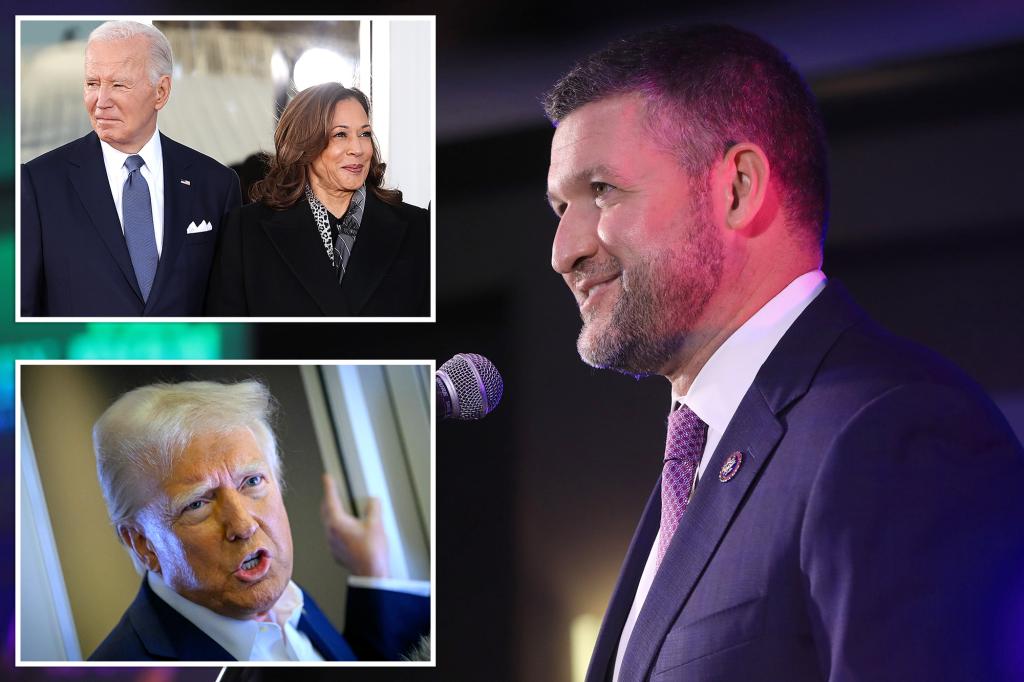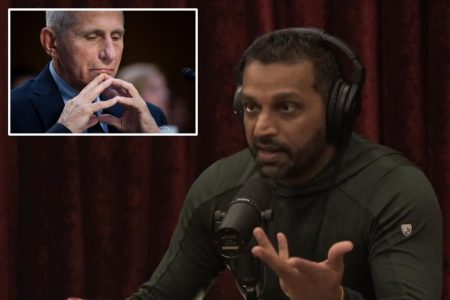Rep. Pat Ryan, a moderate Democrat from New York, believes the Democratic Party has a path out of the political wilderness. Following a bruising defeat in the recent presidential election, Ryan argues that the party has started to rediscover its working-class roots and is now effectively targeting the “corrupt elites” who have held power for too long. He observes that Democrats lost ground by becoming perceived as the party of the elites, failing to connect with the concerns of everyday Americans. However, Ryan expresses optimism, citing the party’s immediate and forceful response to President Trump’s actions during his first week back in office as a sign of positive change. He believes this renewed focus on fighting for the people against entrenched corruption represents a crucial turning point for the party.
Ryan’s argument centers on the contrast between the Democratic Party’s perceived elitism and its renewed focus on the concerns of working-class Americans. He criticizes the party’s past disconnect with the electorate and acknowledges the need to regain trust. However, he points to specific instances where Democrats have effectively challenged Trump’s actions, particularly his apparent favoritism towards billionaires and his pardoning of January 6th rioters. Ryan highlights the Democrats’ unified condemnation of these actions as evidence of a shift towards a more populist message focused on fighting against corruption and for the interests of ordinary Americans. This, he suggests, is the key to the party’s resurgence.
The congressman emphasizes the symbolic importance of Trump’s invitation to Big Tech CEOs to his inauguration, interpreting it as a blatant display of prioritizing the interests of the wealthy elite over the needs of the public. He also underscores the gravity of Trump’s pardons for those involved in the January 6th insurrection, emphasizing the violence inflicted upon law enforcement officers and the threat posed to democratic institutions. By highlighting these actions, Ryan aims to paint a clear picture of a corrupt establishment that the Democratic Party is now actively fighting against. This, he argues, is a message that resonates with the American people and positions the party as a champion of the working class.
Furthermore, Ryan contrasts this renewed focus on the people with the perceived leadership vacuum within the Democratic Party following the election. While acknowledging the party’s imperfections and the need to regain trust, Ryan believes that this focus on combating corruption and standing up for the working class is the path forward. He argues that this message transcends traditional ideological divides within the party and unites Democrats from all backgrounds around a common purpose. By emphasizing this unity and shared purpose, Ryan suggests that the Democratic Party can effectively challenge Trump and his allies and regain the favor of the American electorate.
The congressman’s optimism stems from what he perceives as a unified and forceful response from Democratic leaders across the ideological spectrum. He believes this collective action demonstrates a commitment to listening to the concerns of the American people and putting their needs above partisan politics. This newfound unity, he argues, is essential for regaining trust and relevance among voters who feel abandoned by the political establishment. By emphasizing the party’s ability to come together and fight for a common cause, Ryan suggests that Democrats are finally learning from past mistakes and charting a course towards electoral success.
In essence, Ryan’s message is a call for a return to the Democratic Party’s fundamental values of representing the working class and challenging the powerful. He believes that by consistently prioritizing these values and forcefully confronting corruption and elitism, the party can rebuild trust, regain its footing, and offer a compelling alternative to the current political landscape. His argument rests on the belief that the American people are yearning for authentic leadership that prioritizes their needs over the interests of the wealthy and powerful, and that the Democratic Party, by embracing this populist message, can effectively fill that void and emerge from the political wilderness.










